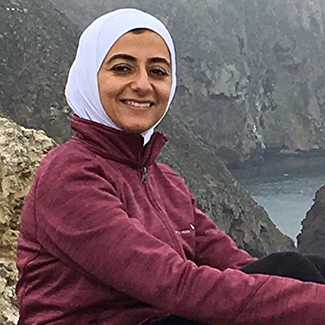Recipients of the Institute for Social Transformation’s Catalyze Grants and Emerging Scholar Grants. Learn more about each project and fellow below.
Seed Grants $500-$2,500
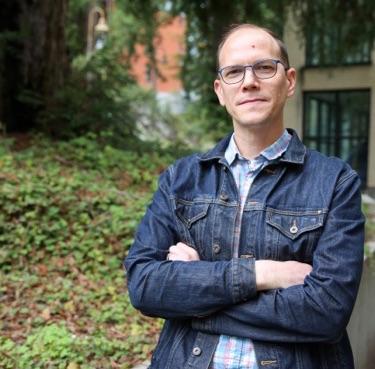
Tsim Schneider, Assistant Professor, Anthropology
“Amah Mutsun Collaborative Documentary Project”
This project is a collaboration between UCSC faculty and graduate students, Amah Mutsun tribal members and scholars, and California State Parks in the production of a short film centering contemporary Native perspectives of the history and survivance of Native peoples of California’s Central Coast. The film builds on a collection of oral histories of Amah Mutsun Tribal Band `members while visually translating research on Native resilience and autonomy. It will be created primarily for use by the Amah Mutsun Tribal Band, with the possibility of exhibition in Santa Cruz Mission State Historic Park’s adobe structure, California’s only surviving example of mission housing for Indigenous people, and online on the California State Parks website.
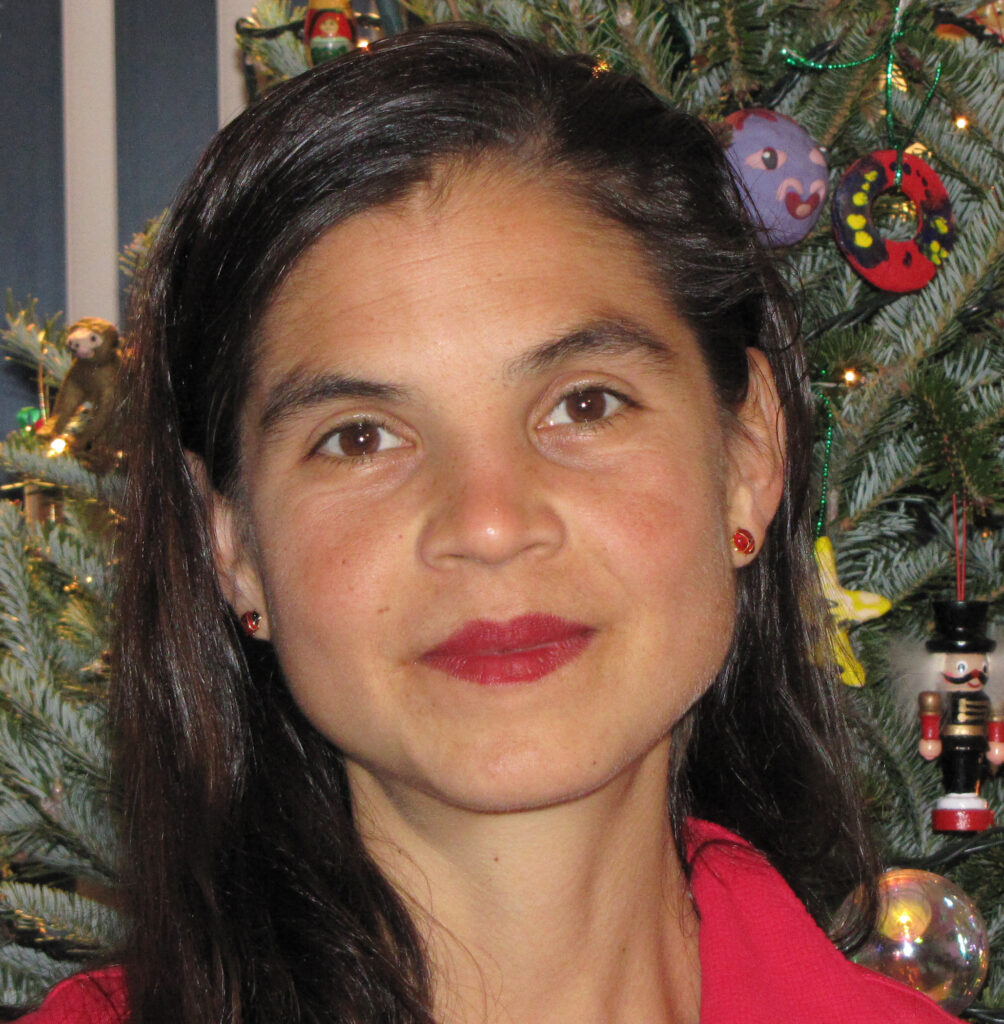
Maywa Montenegro, Assistant Professor, Environmental Studies
“Mapping the Contours of Technology Sovereignty with Agroecology and Food Sovereignty Movements“
Histories of enclosure and socio-technical lock-ins underpin the skepticism many peasant and Indigenous communities express about technologies’ ability to reflect their values and support their needs. Unsurprisingly, against new frontiers of enclosure that many genetic, machine, and data technologies represent, social movements continue framing agroecology, food justice, and food sovereignty as alternatives to tech-driven solutions. Yet technology can be, and has been, grounded in Indigenous ecological knowledge, communal rights, and justice-led notions of sustainability and care. This multi-country project gathers scholars and civil society experts to begin mapping the contours of technology sovereignty in food systems.
Sprout Grants $2,500 to $15,000

Rekia Jibrin, Assistant Professor, Education
“Sprouting Community-University Research Partnerships with Santa Cruz County’s Office of Education’s (SCCOE) Ethnic Studies Initiative”
With Assembly Bill 101, California is the first state to require ethnic studies as a graduation requirement. Santa Cruz county schools are conceptualizing new ethnic studies courses but are confronting curriculum content, teacher preparation, and ethnic studies policy implementation needs that are data-driven and centered on local knowledges. This project will: 1) forge a partnership between UCSC and Santa Cruz County’s Office of Education; 2) support a research partnership around ethnic studies work in county school districts that centers local knowledges to inform ethnic studies curricular approaches; 3) leverage insights into external grant proposals that will yield new scholarly insights for the field of education and ethnic studies.
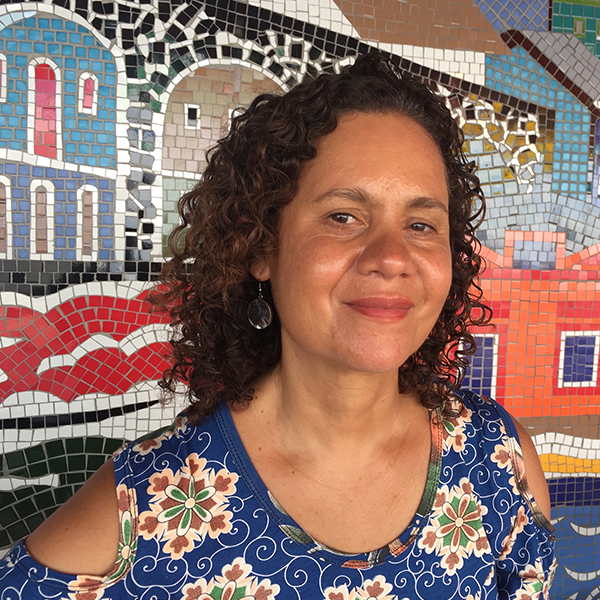
Patricia Pinho, Professor, Latin American & Latino Studies
“Monitoring Information Disorder in the 2022 Brazilian Presidential Elections”
This sprout grant will strengthen the research cluster “Researching and Resisting Brazil’s Reactionary Wave” (initiated in January 2019, and funded by the RCA and an IST seed grant), by supporting a specific, collaborative project to monitor information disorder in the 2022 Brazilian presidential elections. The project will consist primarily of monitoring the circulation of political discourse and disinformation on the Twitter account of the three major presidential candidates between September 26 and November 6, 2022. Building on the cluster’s work, the expected outcomes are: 1) social media weekly reports on the Brazilian presidential elections; 2) a co-authored journal article; 3) a symposium; and 4) a proposal for external funding.

Josephine Pham, Assistant Professor, Education
“Multimodal Approaches to Antiracist Teacher Educator Pedagogy”
In pursuit of antiracist futures, teacher educators strive to prepare K-12 teachers as transformative change agents, yet are not provided with adequate resources for engaging teachers with race-based dilemmas and abolitionist possibilities that are pervasive in their daily practices and professional lives. In this pilot study, I aim to contribute to robust antiracist teacher learning experiences that invite multimodal engagement of real-life issues of race in educational contexts, specifically by: 1) translating my scholarly findings on the day-to-day activism of teachers of color in the form of sequential art as case studies of everyday race, racism, and racial justice, and 2) examining how teacher educators design for antiracist teacher education with this pedagogical resource. Findings will be used to conceptualize pedagogies that enhance teachers’ racial literacies and praxis, and to refine my research-based pedagogical tool as public scholarship in the field of teacher education.
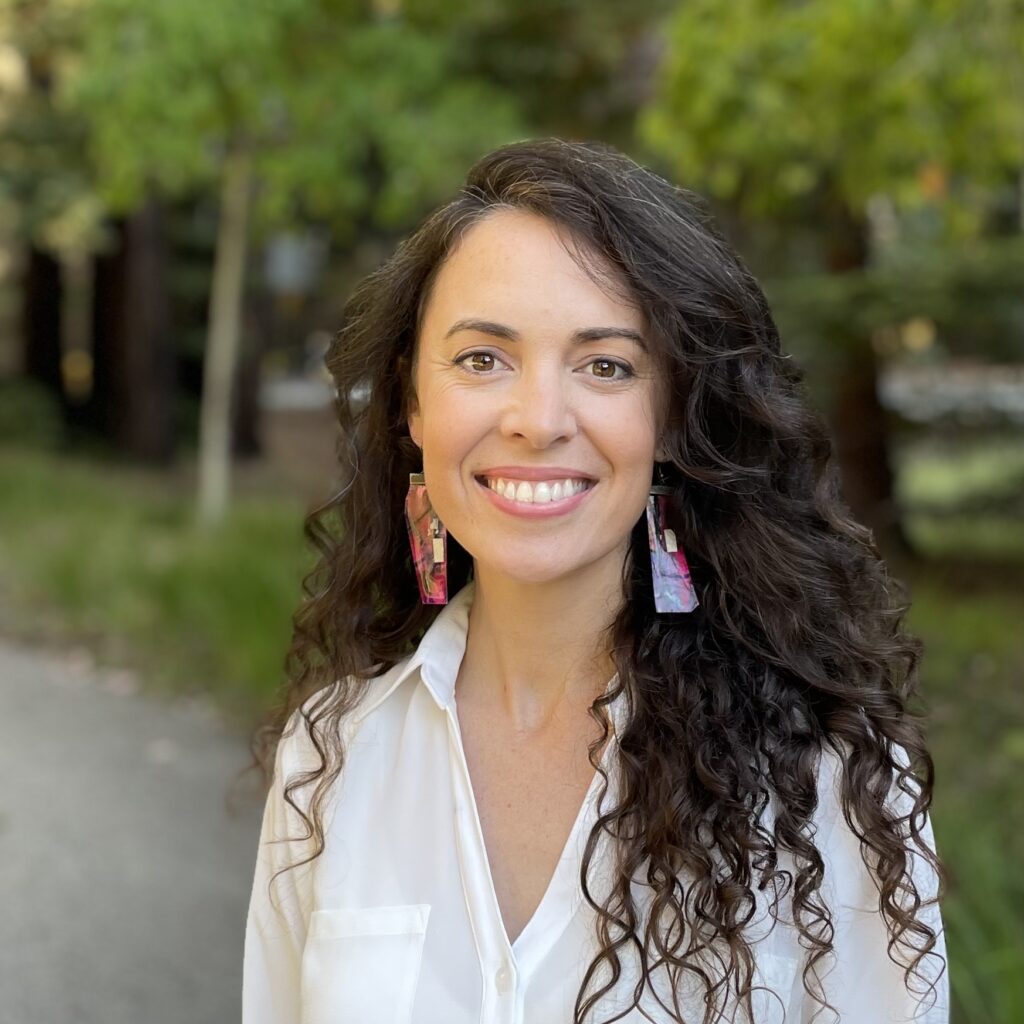
Alicia Riley, Assistant Professor, Sociology
“Unequal Loss: Social Impacts of COVID-19 Mortality in Latinx & Spanish-speaking Communities”
COVID-19 has had an outsized impact on Latinx immigrant communities in the US, turning thousands of individuals into newly-bereaved survivors. Because of the ways that COVID-19 deaths cluster in social networks, racial/ethnic and nativity disparities in COVID-19 grief are likely even more extreme than those in individual mortality. Further, emerging evidence indicates that pandemic-related grief is a precipitating factor of declines in mental health, increases in chronic pain, and increases in substance abuse. This mixed-method study leverages GoFundMe posts and in-depth interviews to reveal critical insights about the social impacts of COVID-19 mortality disparities and burden of pandemic grief in Latinx and Spanish-speaking communities.

Jenny Reardon, Professor, Sociology
“Leadership in the Equitable and Ethical Design of Science and Engineering”
Increasingly public and private funders have come to recognize the critical significance of integrating ethical and societal expertise into the design of science and engineering, mandating the inclusion of ethical, legal and social implications (ELSI) research and diversity, equity and inclusion (DEI) practices into the design and implementation of science, technology, engineering and math (STEM) research. Yet, despite growing demand, there is little guidance on best practices for incorporating ELSI and DEI into STEM research. The proposed initiative seeks to create this guidance through establishing and proposing Leadership in the Equitable and Ethical Design of Science and Engineering (LEED) Principles and Practices. It proceeds in three phases: background research; drafting of LEED Principles and Practices; International Discussion and Write-Up of LEED Principles and Practices.

Fernando Leiva, Professor, Latin American & Latino Studies
“”Early” Embedding Strategies of Extractivist Corporations and the Role of Place-based Memory-making in Community Resistance: Cultivating New forms of Knowledge Production between US and Chile”
“Early” territorial and social cultural embedding strategies devised in recent years by multinational mining corporations operating in Chile pose new challenges to communities, policy makers and scholars. This project aims to sprout a mode of high impact scholarship by testing an approach that integrates research and community engagement methodologies so as to better map the new terrain on which these strategies operate: the intersubjective dimensions of community consent, place-based identities, affect, and local imaginaries, while at the same time privatizing territorial planning, legitimacy construction and social cohesion, all roles traditionally carried out by the state. Can a community’s “territorial memory” be leveraged to counter this latest generation of corporate embedding strategies?
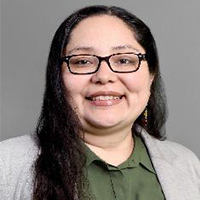
Saskias Casanova, Assistant Professor, Psychology
“Developing a Transfer Receptive Culture to Attain Transfer Racial Equity at a Hispanic Serving Research Institution”
Transfer rates from community colleges to universities and subsequent degree attainment remain disproportionately lower for students of color than for their white peers. It is vital to examine how receiving institutions can better assist transfer students of color (TSOC). This study will qualitatively assess what practices and attitudes TSOC experience that create challenges to succeed at 4-year baccalaureate-granting institutions. We will recruit twenty TSOC to participate in focus groups focused on their intersectional educational experiences, mental health, and cultural strengths. The findings will inform university practices that can create an inclusive and supportive learning environment for transfer students of color.

George Bunch, Professor, Education
“Improving Access to Equitable US History Instruction for English Learners”
The goal of the project is to complete a pilot study, build relationships with target high schools and school districts, and apply for a large grant to improve the accessibility, quality, and equitableness of high school US history instruction for English Learners. High-quality content-area instruction is essential for English Learners, to ensure equal access to robust, intellectually challenging disciplinary material and because such instruction, with appropriate supports, provides ideal conditions for English language and literacy development. A Sprout Grant will allow me to conduct fieldwork and partner with schools and districts to apply for external funding aimed at improving such access.
Harvest Grants $500 – $1,500

Lora Bartlett, Associate Professor, Education
“Teachers’ Work in a Pandemic Related and Recovery Context: Working Conditions, Learning Demands, and Career Commitment”
For the last two years, The Suddenly Distant Research Project has investigated the relationships among pandemic-related and pandemic-recovery K12 teacher working conditions, the learning demands of adapting to pandemic teaching, and teachers’ perceived effectiveness, sense of efficacy, and professional development. The study is organized as a longitudinal, nested, mixed-methods study of 75 public school teachers in nine states, with a closer look at 36 focal teachers, within a context of teacher surveys collected through teacher social media networks and snowball sampling (N=756). The Harvest Grant supports the publication and dissemination of project findings in a professional report to teachers, principals, school district leaders, and policy makers.
Book Manuscript Accelerator
